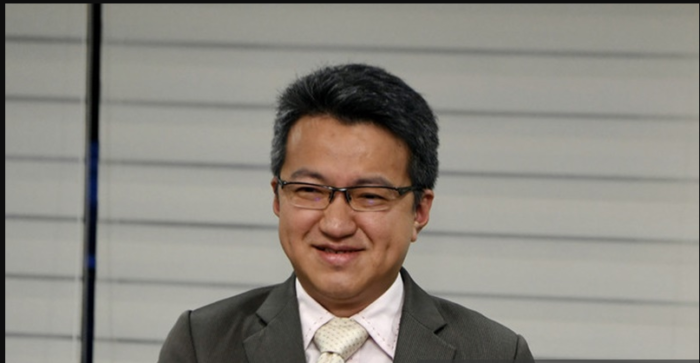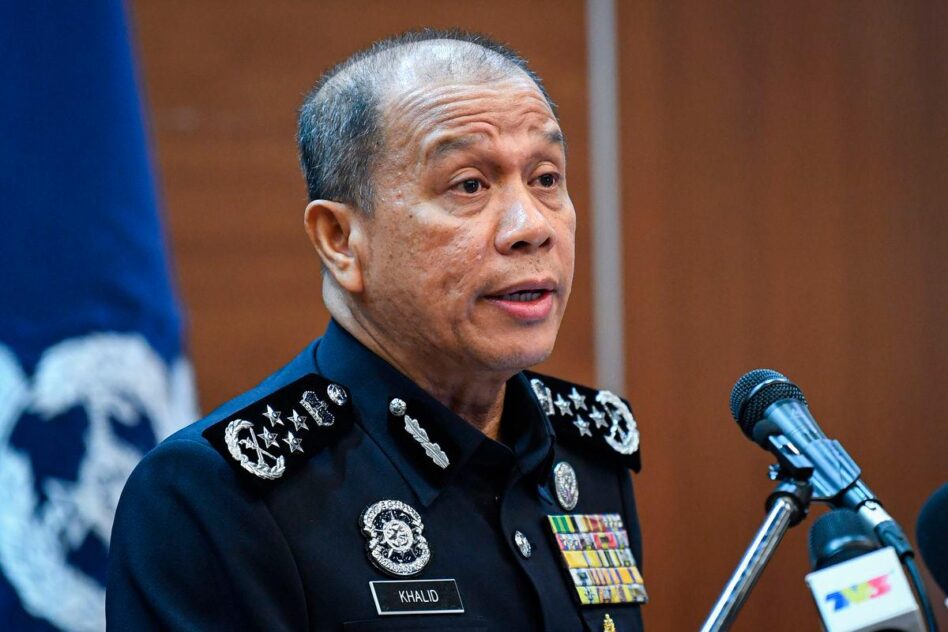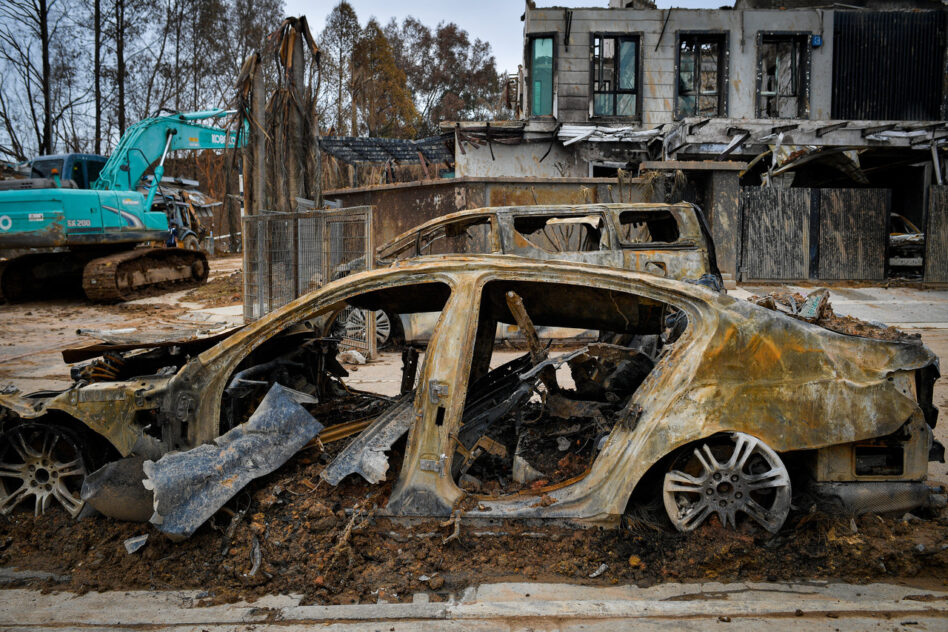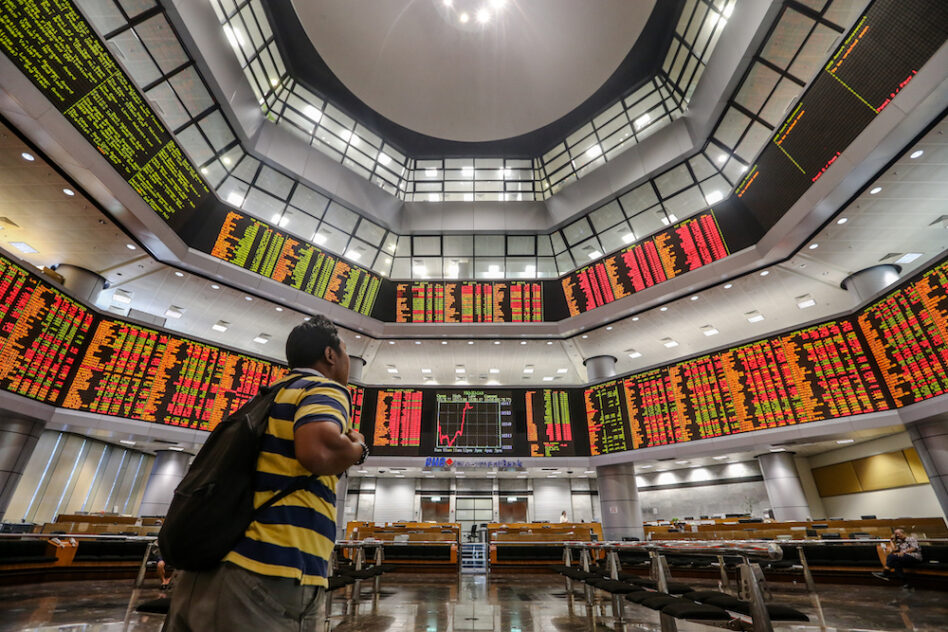FOR Malaysians who do not want to see the court cluster coming to power and possibly bringing the nation into a downward spiral, here are some points to keep in mind.
First, we do not have to allow a general election to happen according to the court cluster’s “get-out-of-jail” timetable. All political actors and voters should find ways to foil the court cluster’s plans.
Secondly, all responsible political actors should work out legislative and administrative consensus of what constitutes fair play.
We are now in a situation where no one is fully dominating. For instance, UMNO’s arch rival Parti Pribumi Bersatu Malaysia (Bersatu) holds the powerful Home Ministry portfolio. While the court cluster may want to be the dominant party like before 2008, UMNO does not have the command of all state apparatus anymore.
Thus, a free and fair election is not just a concern for the Opposition but all players including Bersatu, PAS, Gabungan Parti Sarawak (GPS), Gabungan Rakyat Sabah (GRS) and many others.
The point is politics is fluid. Given the bad blood in the past, dwelling on whether or not Pakatan should work with Perikatan Nasional (Perikatan) for the election gets us nowhere.
What is more important now is for all political forces to take on the court cluster. UMNO leaders who do not want to see the return of Najib and Zahid must also work out a set of democratic rules that would be upheld regardless of the political fluidity to ensure fair elections and fair processes governing the formation of the Government on election night, if no single party has an outright majority.

Anti-party hopping law is one such rule but we do not have to stop there. Such rules would benefit all contenders including Ismail Sabri who is now the “poster boy” of UMNO but he could be discarded anytime by his own teammates.
Hence, all political forces against the court cluster” should talk not about who to contest what seats in the general election but about how to use the remaining time of this parliamentary term to set rules.
Indeed, all Malaysians who do not want the court cluster to make a comeback should talk to each other and work on a common agenda to strengthen the Malaysian democracy.
Thirdly, who says UMNO is surely going to form the next Government?
The Melaka and Johor state elections merely confirmed what we all know. UMNO-BN has a hardcore base of around 40% of the electorate which is the same level of support in the 2018 general election, but a far cry from its previous heights.
In the 14th General Election, UMNO won only 47 seats in the Peninsula and another seven seats from Sabah which is a total of 54 seats out of 222. MCA won only one seat while MIC two.
If we just look at the 165 seats in the Peninsula, UMNO-BN is only in a relatively comfortable position in about 70 seats.
Pakatan won 55 Peninsula seats consecutively for three terms from 2008, 2013 and 2018, and another 10 seats in 2013 and 2018. These 65 seats are likely to remain in the hands of the Opposition.
East M’sia is the key
If UMNO-BN can be kept at bay at 70 seats in the Peninsula, it is far from a dominant position to lord over all parties in the political system despite being the leading coalition.
Even if UMNO-BN is at 85 out of 165 Peninsula seats, there is no guarantee that the winners in Sabah and Sarawak seats would want to form a Government with a fragile UMNO-BN coalition.
For the record, BN won 85 Peninsula seats in both 2008 and 2013 general elections, forming the Federal Government through its command of Sabah and Sarawak seats. Pakatan won 80 peninsula seats each in 2008 and 2013 while winning 98 Peninsula seats in 2018.
Thus, it is imperative for the winners of the Sabah and Sarawak seats to not blindly prop up the court cluster unless their demands for more devolution of powers are accepted. BN has never made any serious move on the matter except for lip service.
All is not lost. As long as all political actors realise that the nation could be plunged into further calamity when the court cluster leaders come back into power, there is still hope that some kind of democratic rules fair to all could be formulated.
And the unreformed and unrepentant UMNO should not be allowed to set the pace, tone and agenda for the rest of Malaysia.
Liew Chin Tong is the Johor DAP chairman and a former deputy defence minister
The views expressed are solely of the author and do not necessarily reflect those of Focus Malaysia.









